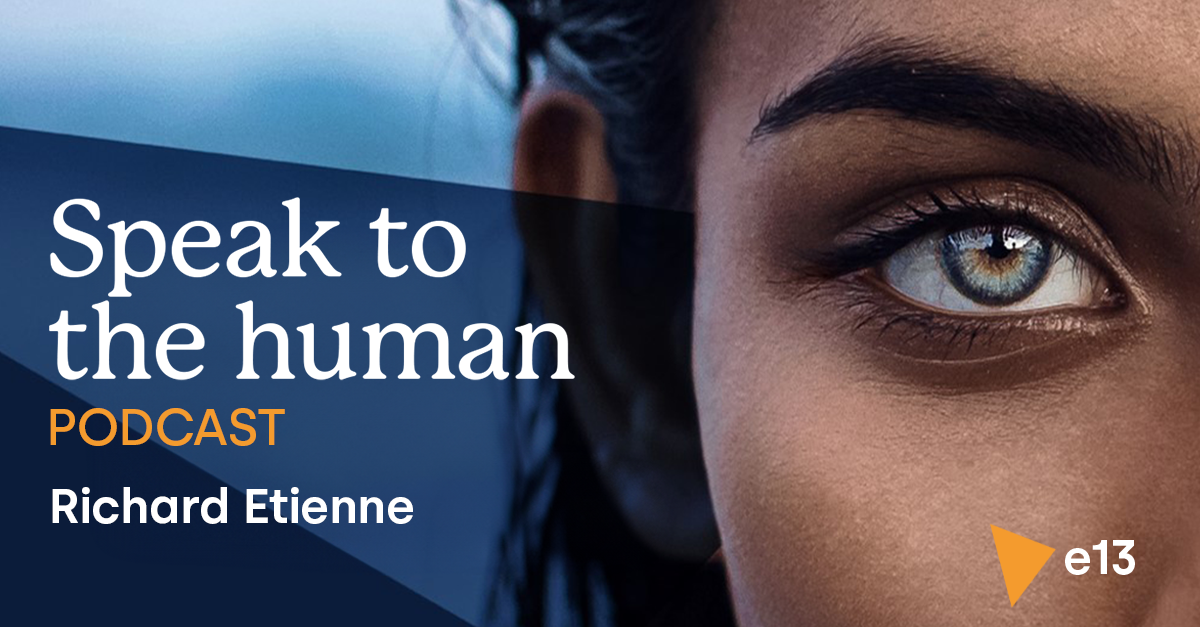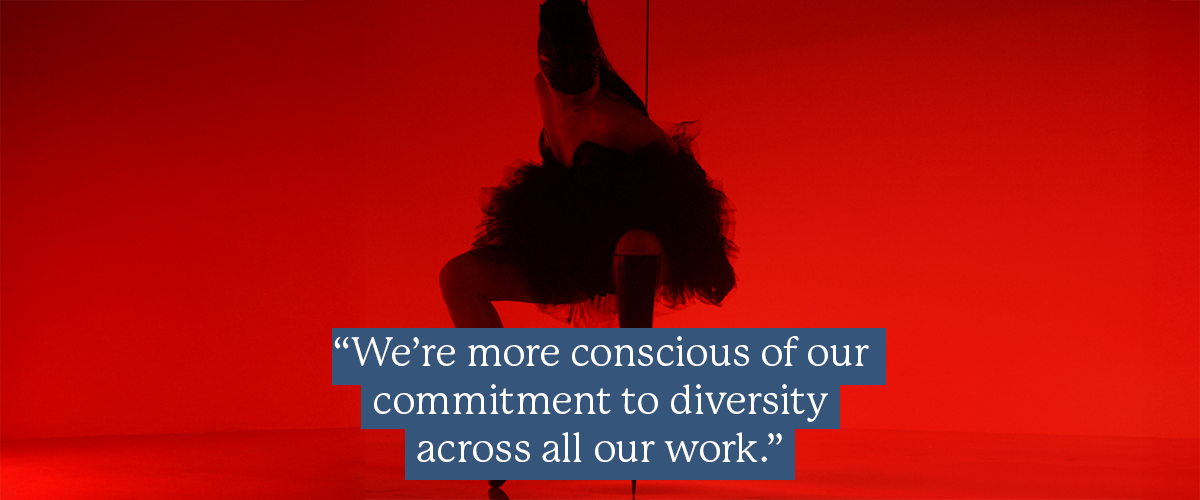18/08/25
Are you missing good ideas? Giving introverts more room to be heard
 Why are inclusive, collaborative cultures better for long term success? If we’re all too similar, if we only hear from the loudest voices, we can miss out on those innovative, game-changing ideas.
Why are inclusive, collaborative cultures better for long term success? If we’re all too similar, if we only hear from the loudest voices, we can miss out on those innovative, game-changing ideas.
In organisations where a range of different backgrounds and ways of thinking are embraced, there is opportunity for more innovation and creativity, and better decision making. Teams can avoid succumbing to 'groupthink', and promote higher levels of employee engagement and wellbeing.
We know that having more engaged employees leads to improved retention, higher team performance, lower absenteeism and better outcomes. These are needed more than ever, with global employee engagement having dropped to just 21% according to Gallup’s 2025 Global State of the Workplace Report.
Engaged employees are ones who feel like they belong. Employees who have the opportunity to do what they do best. Employees who feel seen and heard. But what 'belonging' means can vary enormously between different people. One size does not fit all.
So how can organisations recognise the value of all their employees, not just the loudest ones?
Introvert VS. Extrovert
Our introvert/extrovert tendencies and behaviours can change depending on the situation we’re in, the stage of life we’re at, the subjects being discussed, or how we feel in that moment (psychological safety what’s up?). Each of us doesn't just sit in one 'extrovert' or 'introvert' camp at all times.
But in workplace cultures, extrovert behaviours are often rewarded. So those who are more naturally extroverts are more likely to be heard. Organisations can miss out on the talent from the more introverted, quieter colleagues. So how can we change collective behaviour to be more supportive for all personality types?
Richard Etienne filmmaker and founder of The Introvert Space drills it down to two key points in an episode of our Speak to the Human podcast:
- Introverts finding comfortable ways to express themselves and have their voices heard.
- Organisations, teams and leaders providing the environment for introverts to thrive.
 What does that look like?
What does that look like?
Start by thinking about what styles of communication work for everyone:
- What channel of communication works best for the whole team?
- What else can you do to make sure everyone is better included?
- How might you make hybrid meetings work well for everyone?
- Can you provide information and an agenda in advance to help people think about what they want to say?
- Can you give everyone the time they need to reflect and consider before getting back to you?
In the podcast, Richard further explores why our culture and workplaces commonly celebrate and reward extroversion, and what might be lost when it’s only the loudest voices in the room that get heard. Listen to his episode on noticing the real person here or on your preferred platform.
For more on supporting inclusive cultures check out some of our thinking:
The power of psychological safety.
The impact of organisational culture on learning outcomes.
 Here’s some real examples of how we’ve helped organisations build more inclusive cultures:
Here’s some real examples of how we’ve helped organisations build more inclusive cultures:
“Born Different” for Channel 4.
